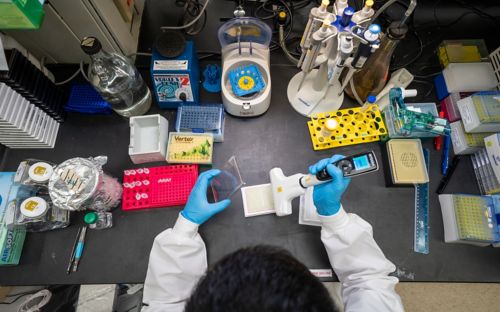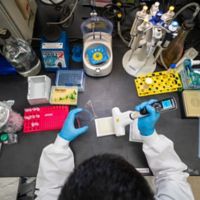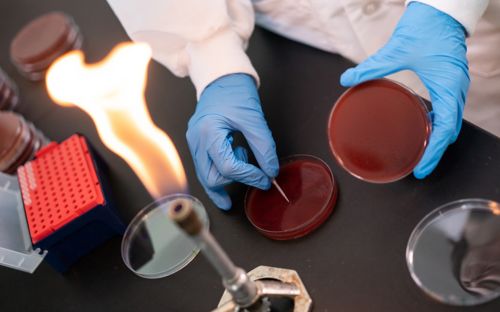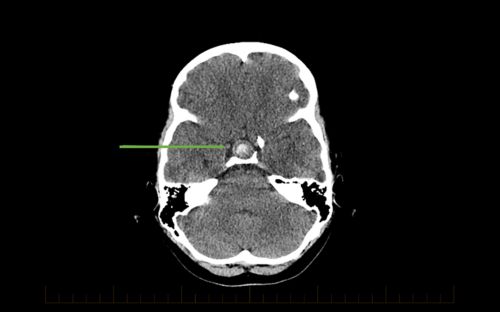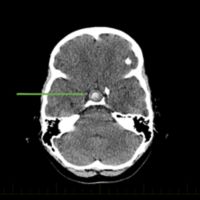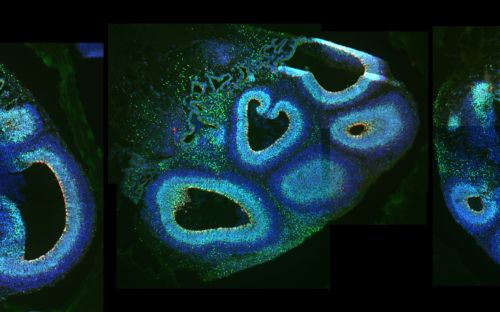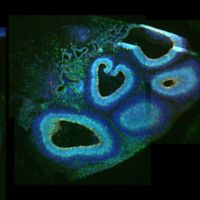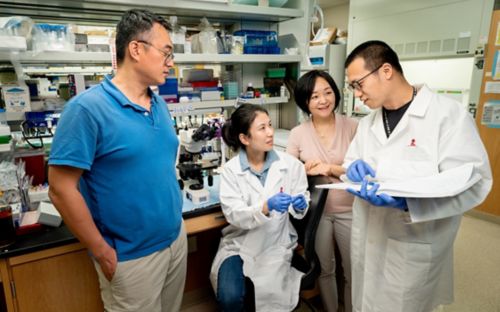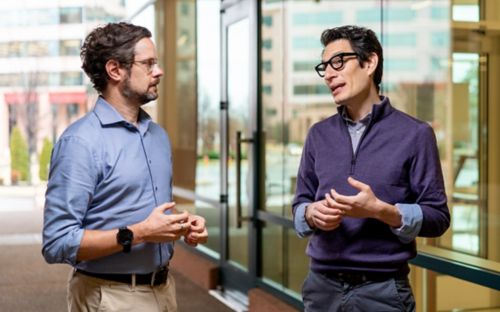St. Jude Family of Websites
Explore our cutting edge research, world-class patient care, career opportunities and more.
St. Jude Children's Research Hospital Home

- Fundraising
St. Jude Family of Websites
Explore our cutting edge research, world-class patient care, career opportunities and more.
St. Jude Children's Research Hospital Home

- Fundraising
Erin Podolak, MA
Managing Editor

Erin Podolak, MA, is Managing Editor, Scientific Communication in the Strategic Communication Education and Outreach Department at St. Jude.
Stories by Erin Podolak
Data-driven science helps researchers design new protein interactions
With a comprehensive approach to thinking about data, St. Jude scientists are fueling progress.
Liver toxicity and ALL: Genomics drive variability between patients
Research reveals how inherited genetic variants can contribute to liver toxicity after chemotherapy.
Genetics: The myth of the monolith: How molecular groups can improve cancer care
St. Jude scientists are fueling progress by studying the molecular groups of different cancers.
St. Jude scientists on the hunt for ‘holy grail’ cancer vulnerabilities
Scientists at St. Jude Children’s Research Hospital are deploying genomic technologies to hunt for vulnerabilities in cancer.
On the road to resistance: How bacteria can win the game of life ‘with a little help from their friends’
St. Jude scientists have learned that bacteria are more successful at developing antibiotic resistance when they swap genes through recombination.
Studies of rare craniopharyngioma reveal ways to improve long-term outcomes for patients
A St. Jude clinical trial launched more than 25 years ago has helped to transform understanding and care for children with the brain tumor craniopharyngioma.
CDK6: A well-known kinase commits a new ‘crime’ connecting outer radial glia to microcephaly
Microcephaly is a rare neurodevelopmental condition in which a baby’s head is much smaller than expected because the brain did not develop properly or stopped developing during pregnancy. St. Jude researchers identified cells in the outer radial glia in the developing brain that play an important role in microcephaly.
Environment helps fuel hepatoblastoma in premature infants
The incidence of pediatric and adult liver cancer is increasing worldwide. Research suggests how premature birth may influence the risk for children.
T cells are key to maintaining cancer remissions from chemotherapy
Stimulating the adaptive immune response can improve outcomes for ALL treated with chemotherapy.
St. Jude researchers answer COVID questions
St. Jude research has advanced understanding of the immune response to SARS-CoV-2 infection and vaccination. Here is what the findings mean for you.


